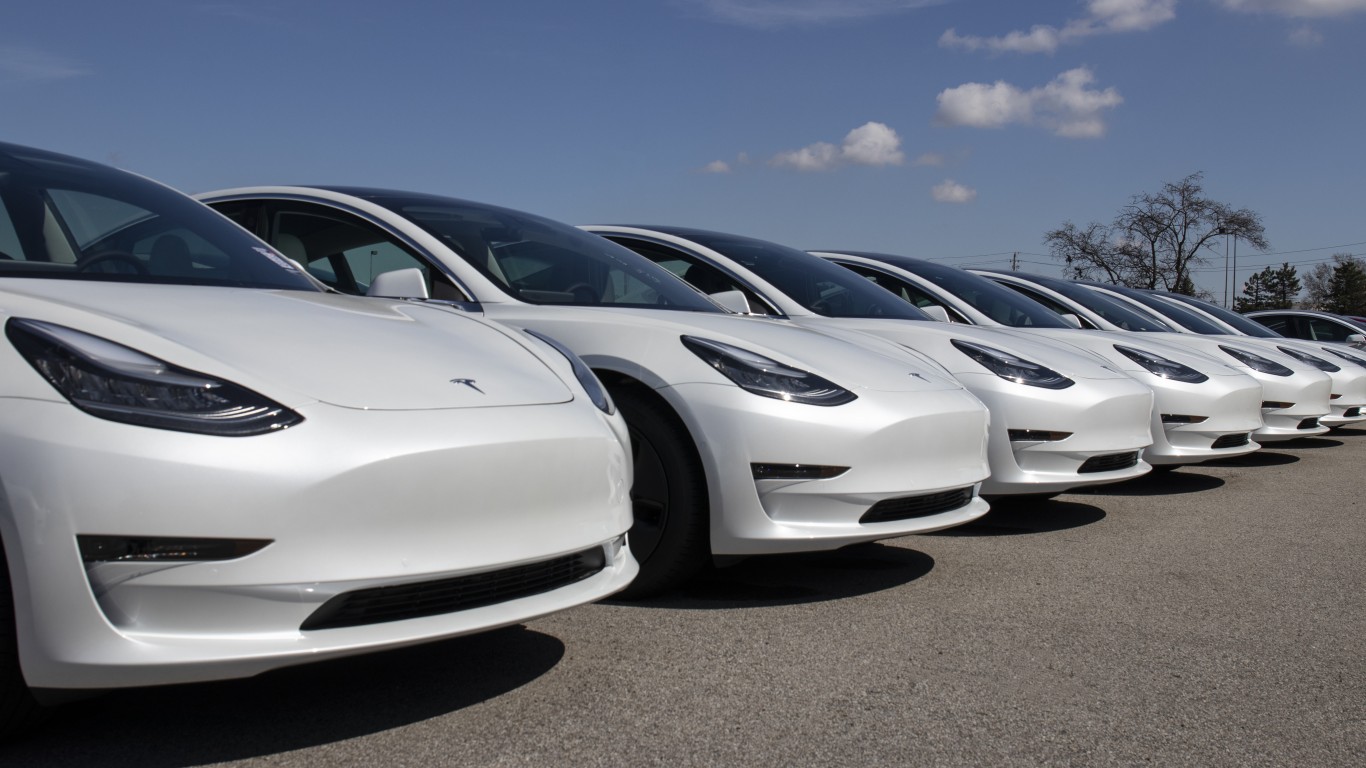Of the 4,729,363 cars Volkswagen delivered in the first half, 1,739,904 were delivered in China. That was more than the 1,619,156 it delivered in its home market of Western Europe. And it was substantially more than the 294,992 in the United States, where its emissions problems started. While the disease of the emission problem spreads from nation to nation, what happens in China is more important than any other market in the world.
The situation in China could go in at least two directions. The first one is that the government may fine VW a modest sum and allow it to operate unfettered, probably with some control on sales of its diesel cars. This would save some of China’s own car companies from harm. VW has a partnership with SAIC Motor called Shanghai Volkswagen Automotive. SAIC owns 50% of the company. Another joint venture is FAW-Volkswagen Automotive, which was created by a deal with China’s FAW Group. FAW owns 60% of this.
On the other hand, China could take a very hard line. The central government has enough power to ban or sharply curtail VW sales. It could impose fines as large as any other VW faces from government entities. And it could hand larger parts of the VW joint ventures over to the Chinese partners.
China is the world’s largest car market, having moved ahead of the United States five years ago. Car sales in the People’s Republic have slowed, but the future growth of most global manufacturers rests in China, and to a lesser extent the United States. VW has the lead in market share in China, followed by General Motors Co. (NYSE: GM). If that lead evaporates, VW will have falling revenue worldwide, which means it will have less revenue fire power to offset the huge fines and civil actions it faces.
VW needs a “pass” from the Chinese government. If the country hands over VW’s business to local manufacturers, that will not happen.
ALSO READ: Will Volkswagen Have to Sell Audi?
The Average American Is Losing Momentum On Their Savings Every Day (Sponsor)
If you’re like many Americans and keep your money ‘safe’ in a checking or savings account, think again. The average yield on a savings account is a paltry .4%1 today. Checking accounts are even worse.
But there is good news. To win qualified customers, some accounts are paying more than 7x the national average. That’s an incredible way to keep your money safe and earn more at the same time. Our top pick for high yield savings accounts includes other benefits as well. You can earn a $200 bonus and up to 7X the national average with qualifying deposits. Terms apply. Member, FDIC.
Click here to see how much more you could be earning on your savings today. It takes just a few minutes to open an account to make your money work for you.
Thank you for reading! Have some feedback for us?
Contact the 24/7 Wall St. editorial team.



